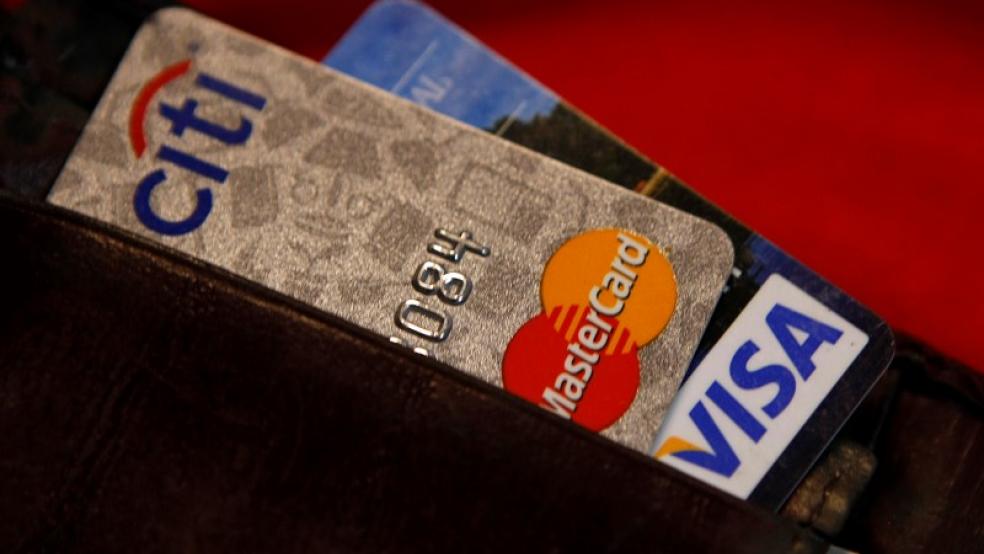Although maintaining a lengthy credit history is a key component to a healthy credit score, credit cards are not a set-it-and-forget-it financial tool.
Still, many cardholders think of them that way. About 1 in 5, or 25 million, U.S. consumers haven't changed their primary credit card in at least 10 years, and 20 million have never changed it, according to a recent report by CreditCards.com.
Related: Why Your New Credit Card Isn’t as Safe as Promised
"The truth is that loyalty doesn't pay when it comes to credit cards," said CreditCards.com senior analyst Matt Schulz.
Because the average credit-card balance has remained steady at slightly more than $5,000 over the past several years, "originations continue to be a key driver of growth for the credit card industry," said Ezra Becker, a vice president of research and consulting at the credit monitoring firm TransUnion.
That means competition for new cardholders is fierce, spurring many lenders to increase incentives and sign-up bonuses. "To get a consumer to switch to your card, you as a lender have to offer a rich incentive," Becker said.
"The quickest way to rack up rewards is to sign up for a new card with a big sign-up bonus," Schulz said. "That means that if you haven't gotten a new card in the last five years or more, you've missed out on a tremendous amount of possible rewards."
Related: Why Millions of Millennials Can’t Get Credit Cards
Some worthwhile contenders include the Citi Double Cash, which gives you cash back on everything with no annual fees, or the Chase Sapphire Preferred, which offers 50,000 bonus points if you spend $4,000 in the first three months, Schulz said.
The main obstacle preventing cardholders from canceling old cards and trying out new ones is because they're afraid of damaging their credit score, followed by an inability to pay off the remaining balance, according to the CreditCards.com report.
Fear of lowering your score isn't misplaced. Credit cards are still considered one of the best ways to maintain a long credit history, which may pave the way to lower interest rates on mortgages and autos loans.
When consumers sign up for a new credit card, they should leave their old accounts open in order to help their scores, unless an old card has an annual fee, in which case it's better to cancel it, Schulz said.
"Do your homework and then pick the card that's best for you and apply for that one," Schulz said. "Don't apply for too many cards at a time because that can damage your credit and make you look a little desperate."
This article originally appeared on CNBC. Read more from CNBC:
'Bad Goldilocks' emerges as market's worst enemy




